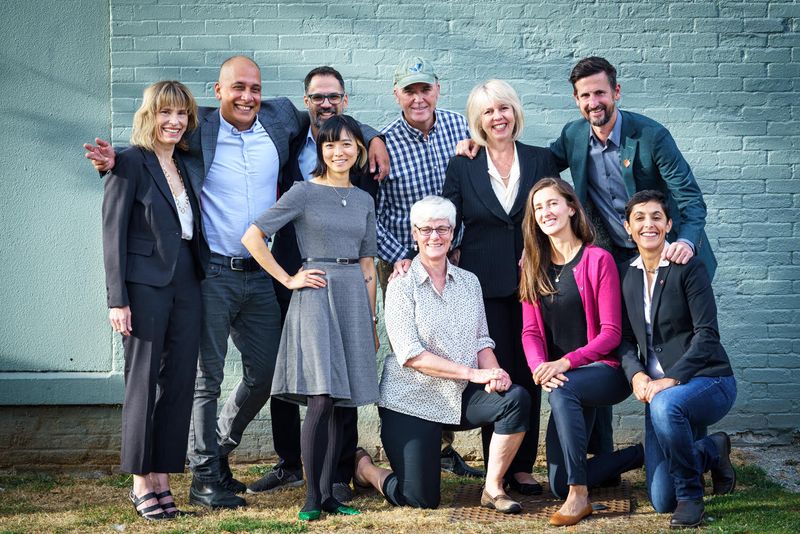Funding is the unglamourous heart of so many issues and woes in education. The Vancouver School Board (VSB) gets the majority of its operational funding from the province; to say we stretch that funding to meet all students’ needs is an understatement. School parents frequently fundraise to help their children’s schools purchase items such as iPads, outdoor gear, and playground upgrades. These generous donations are appreciated, but they often add more costs to the district’s books. For example, parents at Oppenheimer Elementary purchased projectors and generously donated them to the school (for which the school and the district are grateful), but now the district must find money to maintain the projectors.
As for capital funding, the province hasn’t funded any new buildings in three years—not the seismic upgrades that keep students safe nor the new school in Olympic Village it promised during the 2019 provincial election (which VSB projections demonstrated that we needed ten years ago).
While per-student funding has nominally increased in the last few years, the province has also downloaded a variety of hidden costs onto districts, such as increased Hydro rates, increasing prices of natural gas (since most of our schools are not yet using green technology such as heat pumps), building maintenance for ageing schools that need to be overhauled or rebuilt, and the implementation of new programs that have no funding behind them. Remember when the Ministry of Education and Child Care mandated all school districts to provide menstrual products in schools? We never saw a dime to implement the program—we had to dig into our already-stretched coffers to create and maintain the very worthwhile program.
If we want to offer excellent education, in seismically-safe, climate-resilient, inclusive buildings in neighbourhoods where families and children live, we 👏 need 👏 funding 👏.
The old ways of income generation for schools tend to be small, stop-gap, and unsustainable: increasing how much rent we charge; bringing in more international students (because that “makes” money for the district); and finding “efficiencies” (aka asking everyone to do more with less). These methods typically result in one-time injections of funding into technology upgrades or the creation of a temporary staffing position, but they don’t solve the larger problems. The VSB finished the 2022 school year with a $12.7 million structural deficit and operational costs will only increase while recovering from the pandemic and grappling with inflation—there is no world in which rental increases can fix this.
To meet this level of chronic shortfall, we have to be bolder. In September 2022, I proposed a motion that asked staff to look into new options for funding our schools, and the Board supported it. We can expect a report back on these possible funding mechanisms later this fall.
Using a nonprofit foundation to manage donations, grants, and large giving for schools is a common approach for many other districts and post-secondary institutions in B.C. and across Canada. Currently, a single VSB staff person manages all donations, and there is an existing policy ensuring that corporate advertising does not take place in schools, which could be worked into the bylaws of the nonprofit. Having a separate foundation handling relationship-building and legwork would free up the VSB to focus on its mandate—providing excellent K-12 and adult education. High school graduates in Chilliwack (SD 33) were given $55,000 in scholarships from Chilliwack Foundation donors—imagine if we could provide that in Vancouver.
I know that if we go down this road, it will be an even bigger challenge to hold the province accountable for their share of funding our schools. In my heart of hearts, I want public education to be fully funded by the provincial government and I will continue to advocate for that future. But I can’t sit by and wait while opportunities pass by our students. There’s no easy way to fix our funding problems, but we can certainly do better for students with a little financial help.


